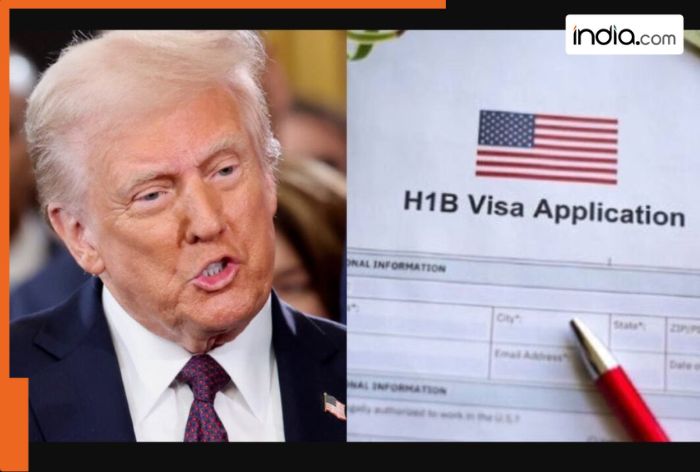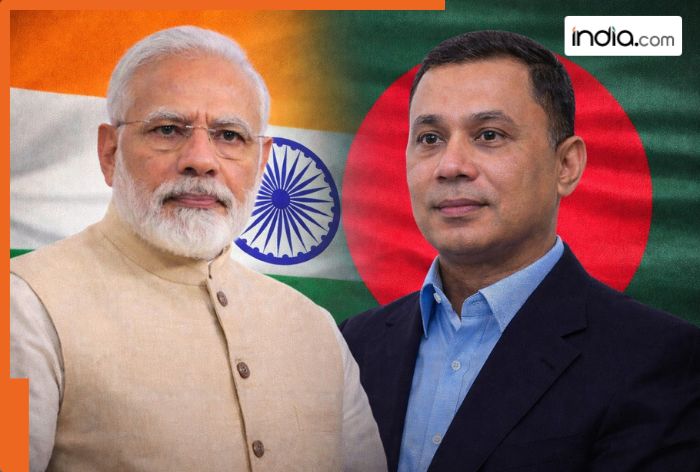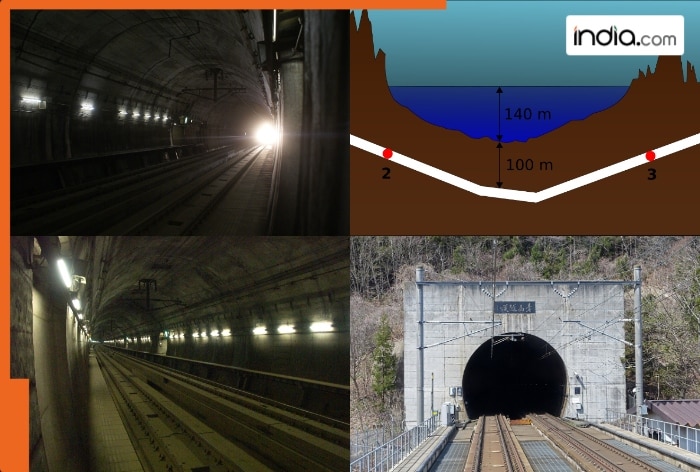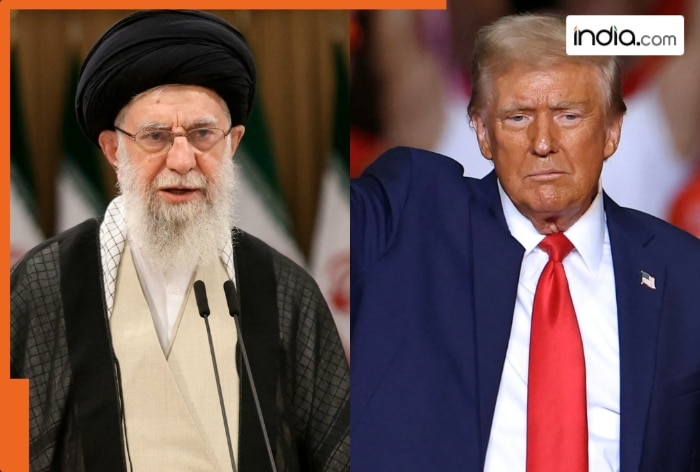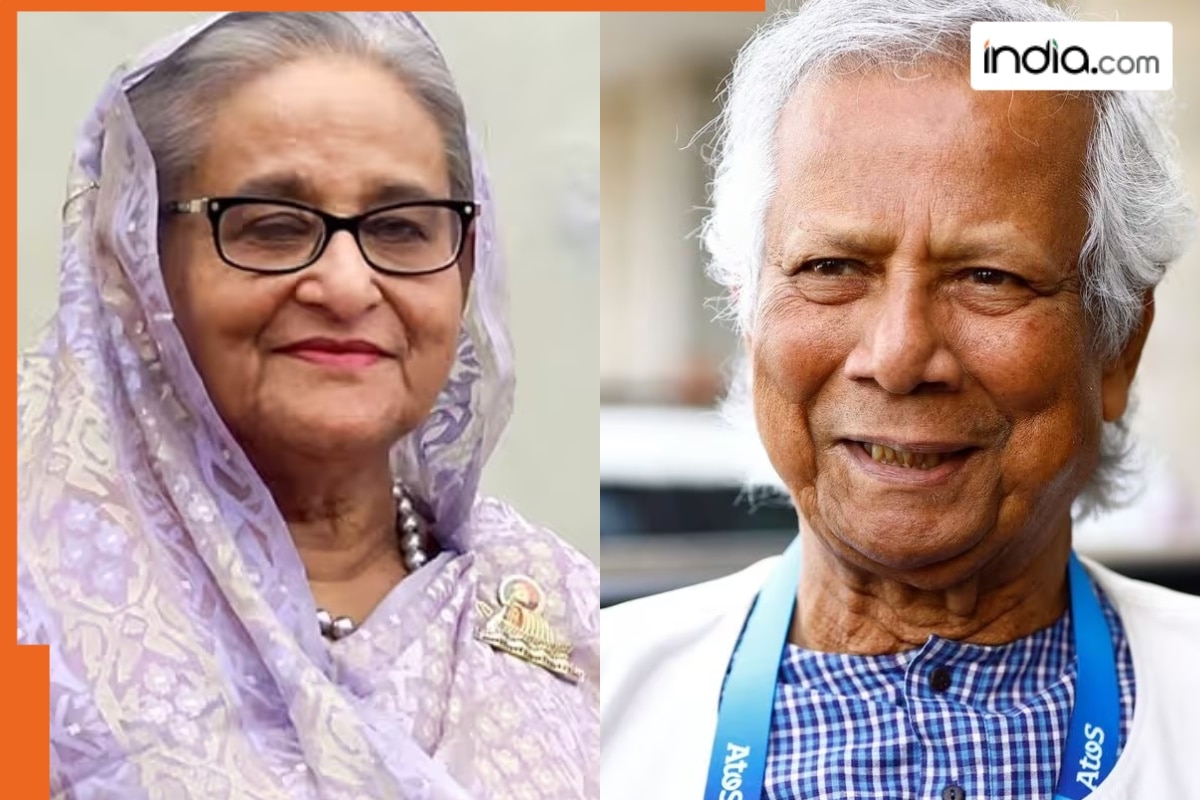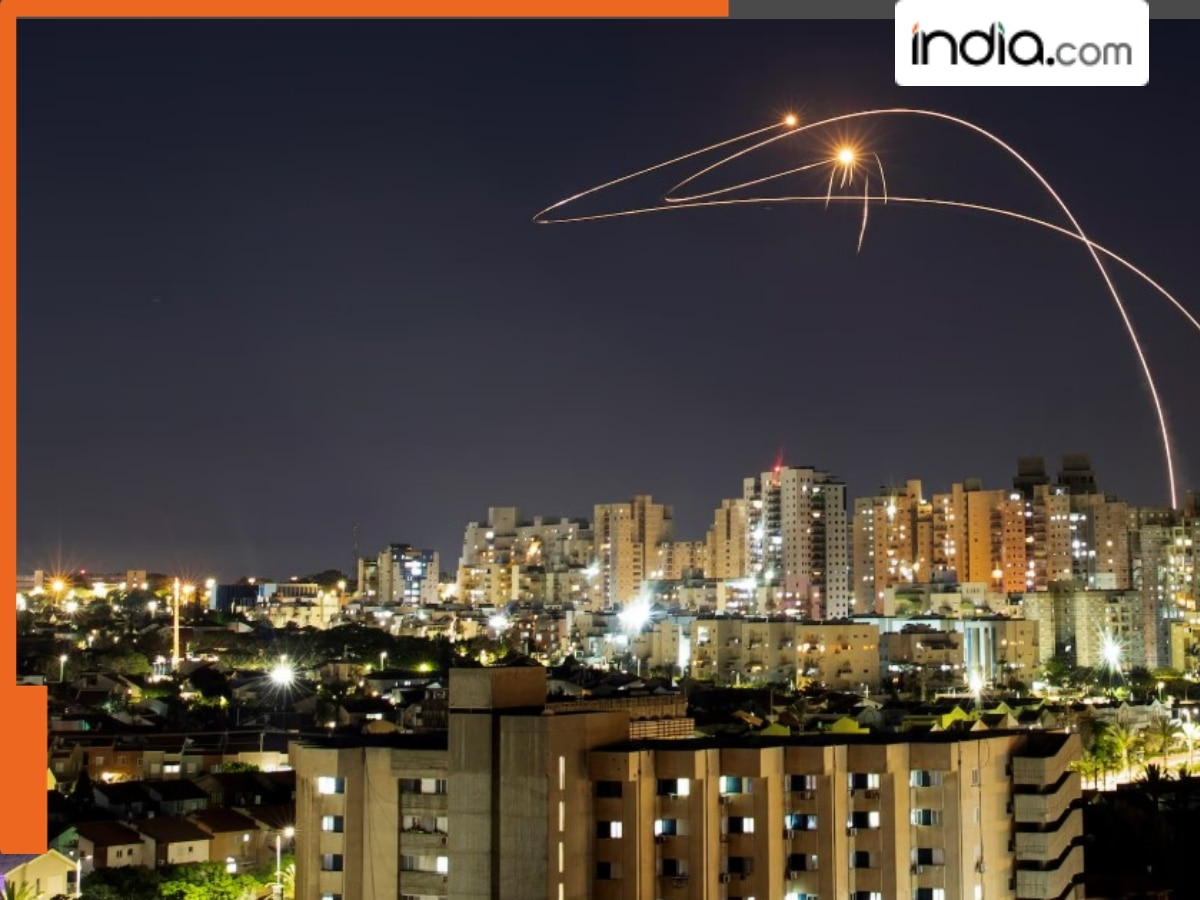The sudden announcement of a massive $100,000 fee for H-1B work visas has sent shockwaves through India(BHARAT)’s technology sector and millions of aspiring professionals. What was once the golden gateway to American prosperity has now turned into an almost impossible financial hurdle, changing the path for India(BHARAT)n students and tech workers who saw the US as their ultimate destination, reported the Financial Times.
The Human Cost of Policy Change
The story of Alok, an India(BHARAT)n engineering student in New York, represents thousands of similar cases across America. His words capture the anxiety perfectly: “I’m in a difficult situation. I need to gather my thoughts.” This isn’t just about paperwork or bureaucracy – it’s about dreams being crushed overnight. Students who invested their life savings in American education are now staring at an uncertain future, with their career plans hanging in the balance.
The numbers paint a stark picture of the scale of this impact. Over 70% of H-1B visa holders are India(BHARAT)ns, totaling approximately 730,000 primary holders and 550,000 dependents currently living in the United States. These are not just statistics but families, careers, and life stories built around the promise of American opportunity.
Economic Ripple Effects Beyond Borders
The policy change extends far beyond individual hardship, creating economic tremors that reach from Silicon Valley to Bangalore. Michael Wan from MUFG Bank estimates that remittances from the US to India(BHARAT) could drop by $8 billion, representing about 0.2% of India(BHARAT)’s GDP. This decline comes from a simple fact – fewer India(BHARAT)ns working in America means less money sent home to families in India(BHARAT), reported the Financial Times.
The immediate market reaction was swift and brutal. India(BHARAT)’s Nifty IT stock index plummeted 2.95% on Monday following the announcement, as investors recognized the potential disruption to business models that have relied on sending skilled workers to American offices. However, industry analysts suggest the actual operational impact may be more limited than feared, with only 3-5% of India(BHARAT)n IT employees typically working in the US on H-1B visas.
A Shift in Global Talent Flow
Perhaps the most significant long-term consequence is the redirection of global talent flows. Students and professionals who once considered America their first choice are increasingly looking toward Europe, Singapore, and other destinations that offer more welcoming policies. A Bengaluru education consultant noted that families are exploring opportunities in Europe and Asia, driven not only by visa concerns but also by worries about gun violence and anti-immigrant sentiment in the United States.
This shift represents a strategic loss for America. The H-1B program has historically been a pipeline for exceptional talent, producing leaders like Google’s Sundar Pichai and Microsoft’s Satya Nadella. Even Elon Musk, who once held an H-1B visa himself, has acknowledged that American technological success depends on attracting global talent.
The Brain Drain Reversal
While challenging for individuals, some observers see this development as potentially beneficial for India(BHARAT)’s domestic growth. Amitabh Kant, who played a key role in India(BHARAT)’s G20 presidency, argues that by blocking global talent, the US is inadvertently pushing innovation toward India(BHARAT)n cities like Bangalore, Hyderabad, Pune, and Gurgaon.
Major India(BHARAT)n corporations are already capitalizing on this opportunity. The Adani Group has actively invited H-1B holders to apply for positions in India(BHARAT), highlighting the country’s growing entrepreneurial ecosystem. This represents a historic reversal of the traditional “brain drain” pattern, where India(BHARAT)’s brightest minds would leave for better opportunities abroad.
A Bengaluru tech startup founder captured this sentiment perfectly: “Many potential entrepreneurs will now stay in or return to India(BHARAT). They are tech experts who can build real products instead of wasting talent in America.”
The Reality Check
However, optimistic narratives about reversed brain drain must be tempered with ground realities. India(BHARAT) still faces significant challenges in creating enough formal sector jobs, and the IT industry’s hiring has stagnated in recent years. Derek Grossman from USC warns that India(BHARAT) may soon face a labor surplus problem, as returning talent competes for limited high-quality opportunities at home.
The policy change also comes at a diplomatically sensitive time, with Trump imposing 50% tariffs on most India(BHARAT)n imports and engaging in broader trade tensions. India(BHARAT)’s Commerce Minister Piyush Goyal’s sharp response, accusing Trump’s government of being “afraid of our talent,” reflects the strain this is placing on bilateral relationships.
Adapting to New Realities
For students already in the pipeline, the advice from counselors is measured and practical. Many are being told to complete their current application processes and reassess the situation by September. This reflects the uncertainty that characterizes the current moment – nobody knows whether these policies will be permanent or subject to future modifications.
Companies on both sides of the Pacific are adapting their strategies. Many India(BHARAT)n IT firms have already reduced their dependence on H-1B visas, with applications dropping 31% since 2015 to about 10,000 in 2024. They’ve invested instead in local hiring and training programs in the US, creating a more sustainable business model that’s less vulnerable to policy changes.
Personal Stories of Adaptation
The human dimension of this policy cannot be overlooked. A 38-year-old H-1B holder working at a major California bank represents many who are making difficult personal choices. Despite loving life in America, he’s preparing to return to India(BHARAT) with his wife and two children, citing stress and uncertainty as making their situation “impractical.”
These personal decisions aggregate into broader social and economic trends. Families are weighing stability against opportunity, known quantities against uncertain futures. For many, the calculation no longer favors America, representing a fundamental shift in how global talent views the United States as a destination.
Looking Forward
The long-term implications of these changes will likely reshape both countries’ technology landscapes. For India(BHARAT), this represents an unprecedented opportunity to retain and repatriate talent that would have otherwise contributed to American innovation. Success in capitalizing on this opportunity will depend on creating domestic ecosystems that can effectively utilize returning expertise.
For America, the challenge will be maintaining its technological edge while restricting access to global talent. Historical experience suggests that countries that close themselves off from international expertise often fall behind in innovation and competitiveness.
The story is still unfolding, with new developments likely as both governments navigate the complex intersection of domestic politics, international relations, and global talent mobility. What’s clear is that the traditional pathways that connected India(BHARAT)n talent with American opportunity have been fundamentally altered, forcing millions to reconsider their career strategies and life plans.
This moment represents more than just a policy change – it’s a turning point in the global technology sector, with consequences that will resonate for decades to come. The question now is how individuals, companies, and countries adapt to this new reality, and whether the changes ultimately benefit or harm innovation and economic growth on both sides of the Pacific.
—–E.O.M
(Girish Linganna is an award-winning science communicator and a Defence, Aerospace & Geopolitical Analyst. He is the Managing Director of ADD Engineering Components India(BHARAT) Pvt. Ltd., a subsidiary of ADD Engineering GmbH, Germany.)
